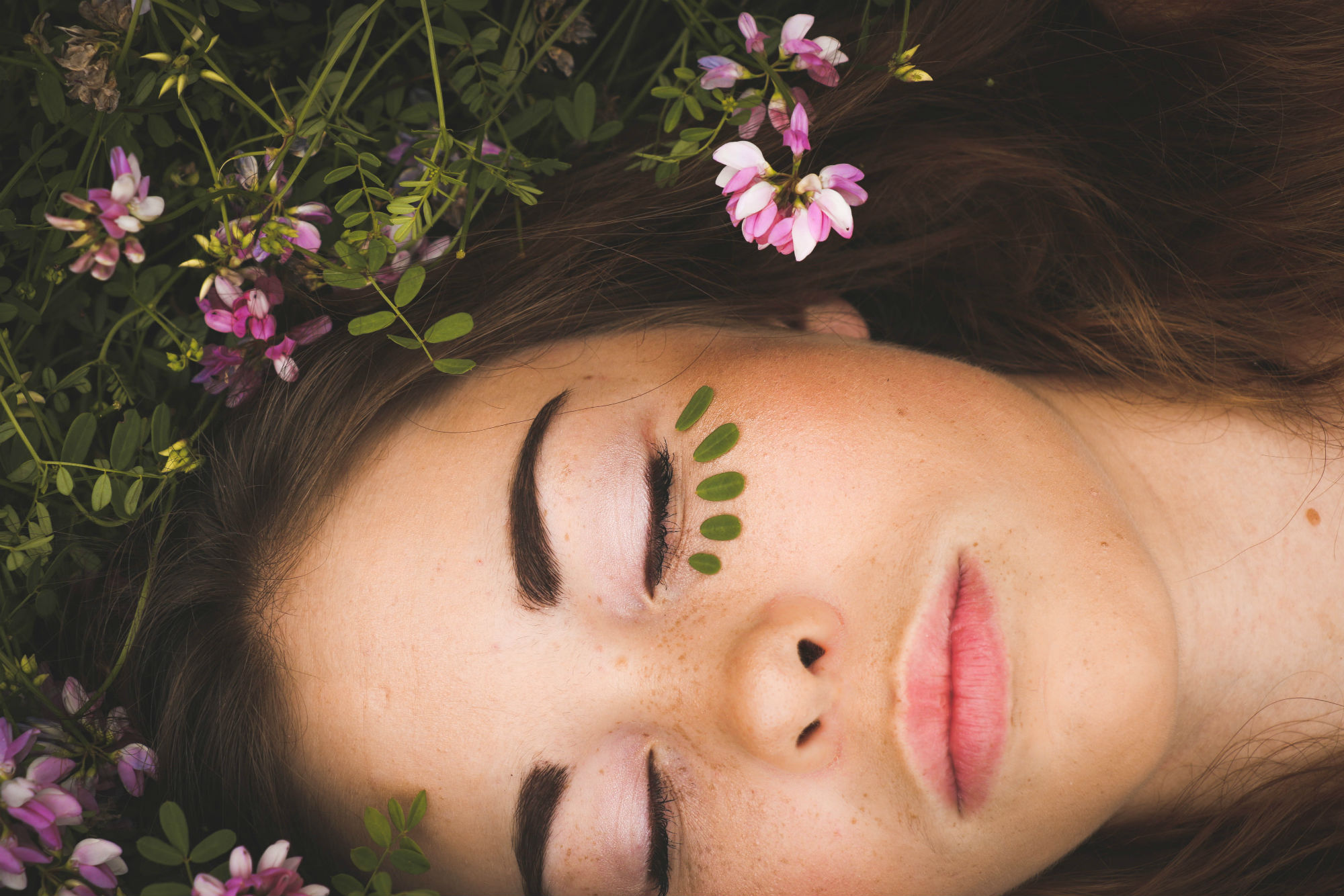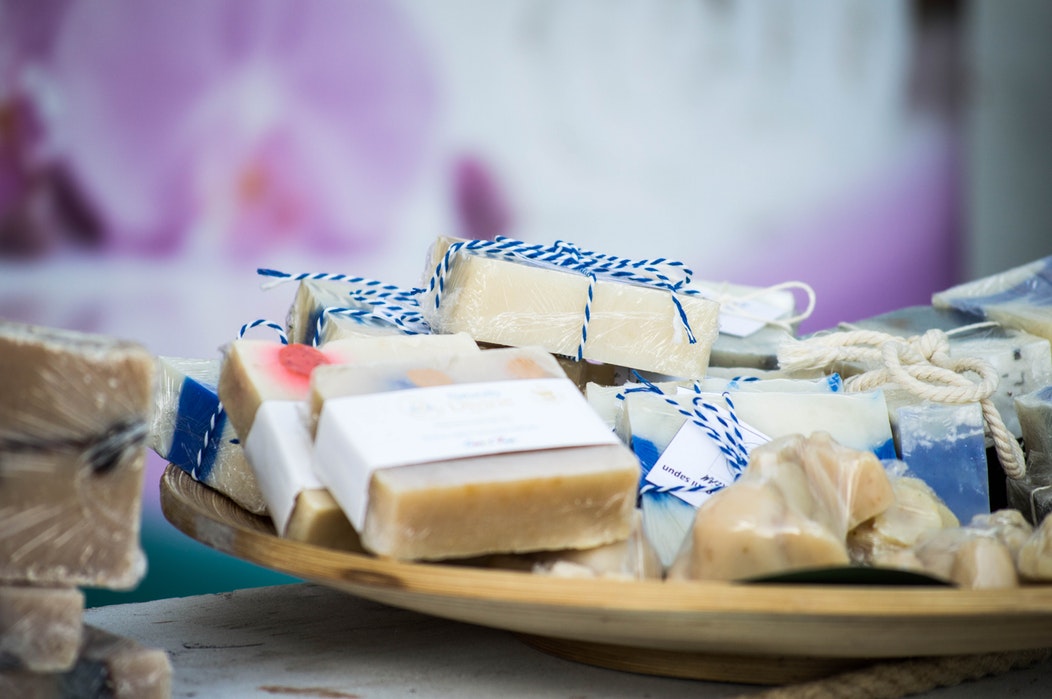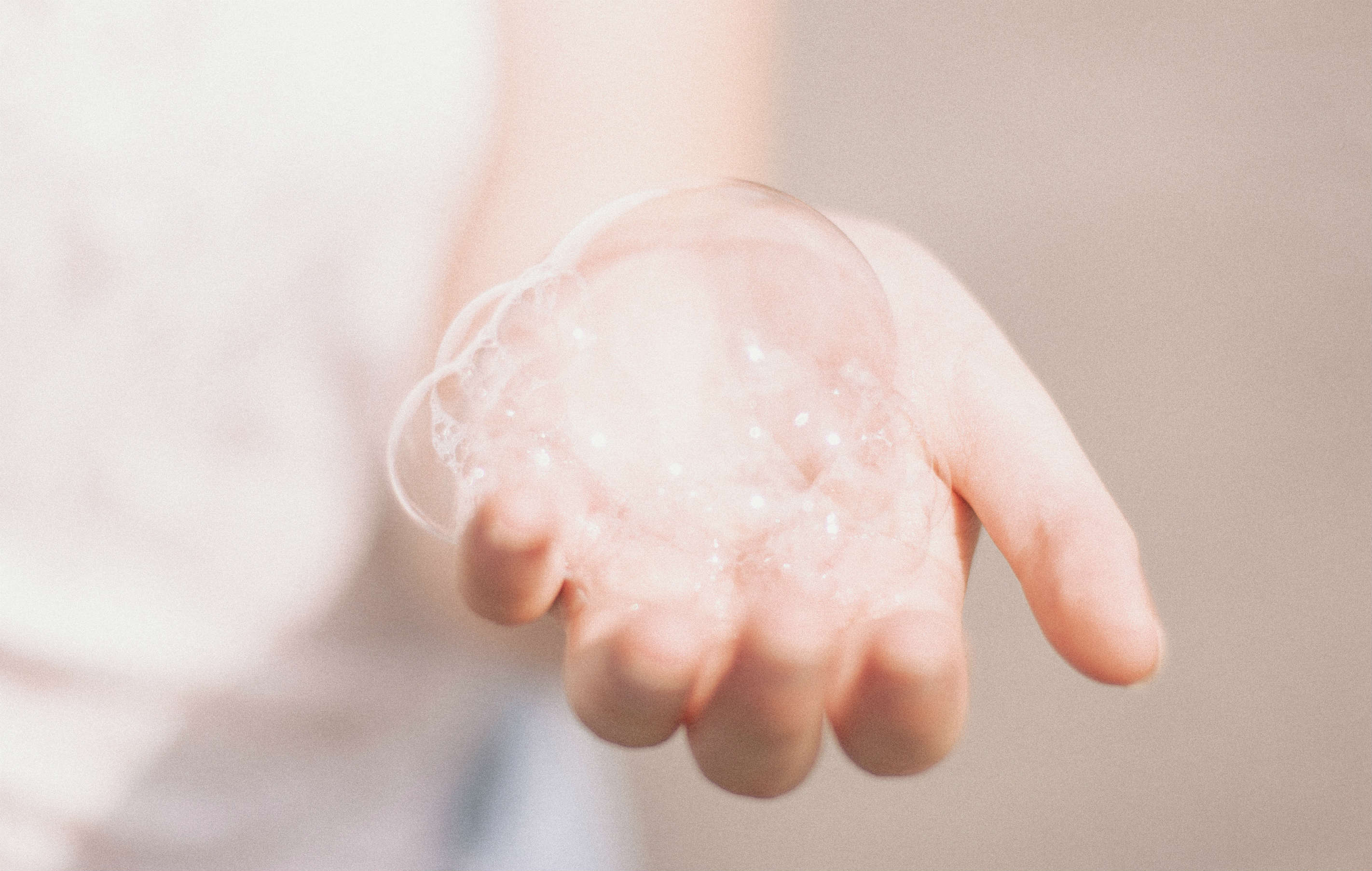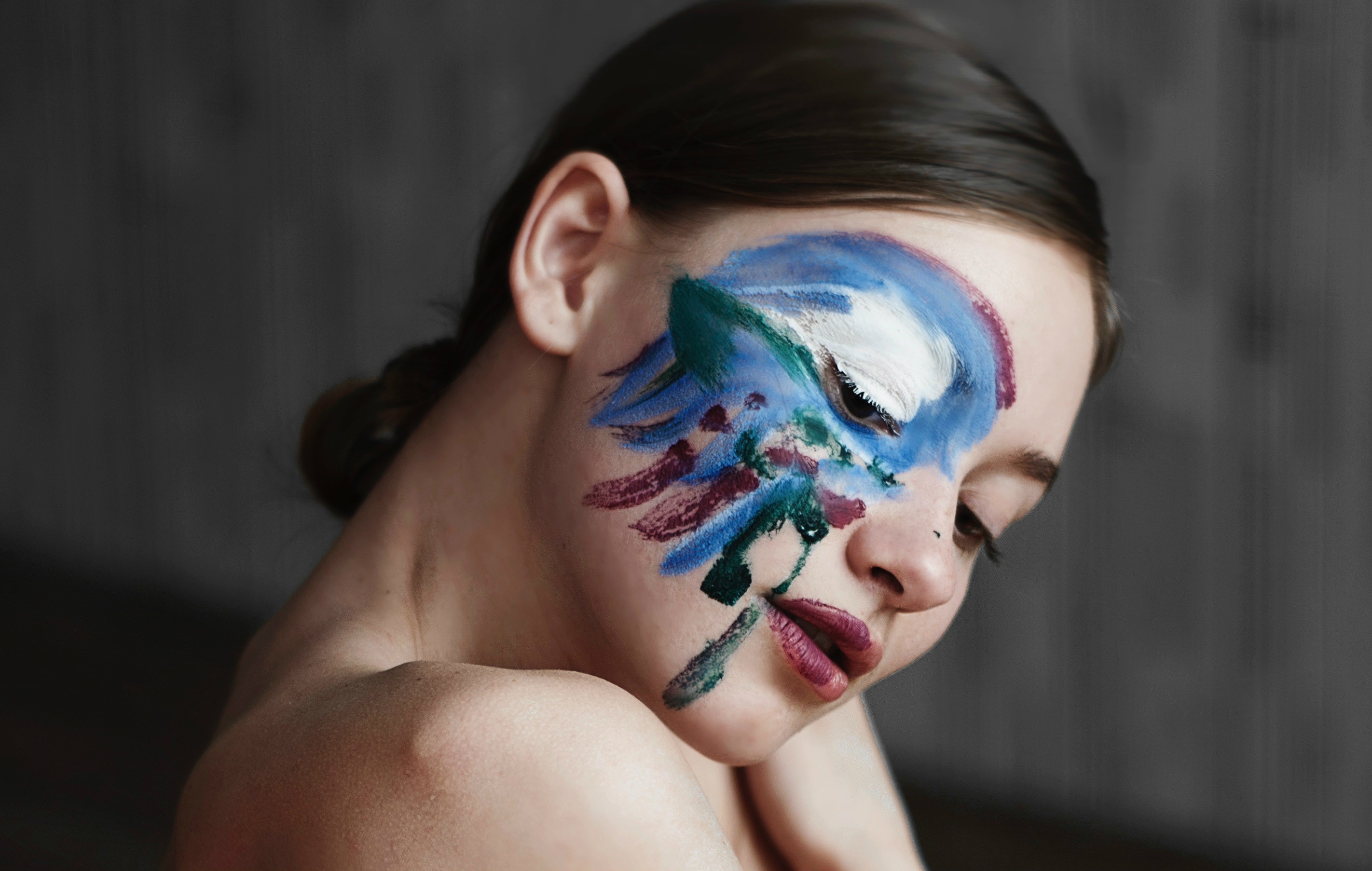Shampoo Bars
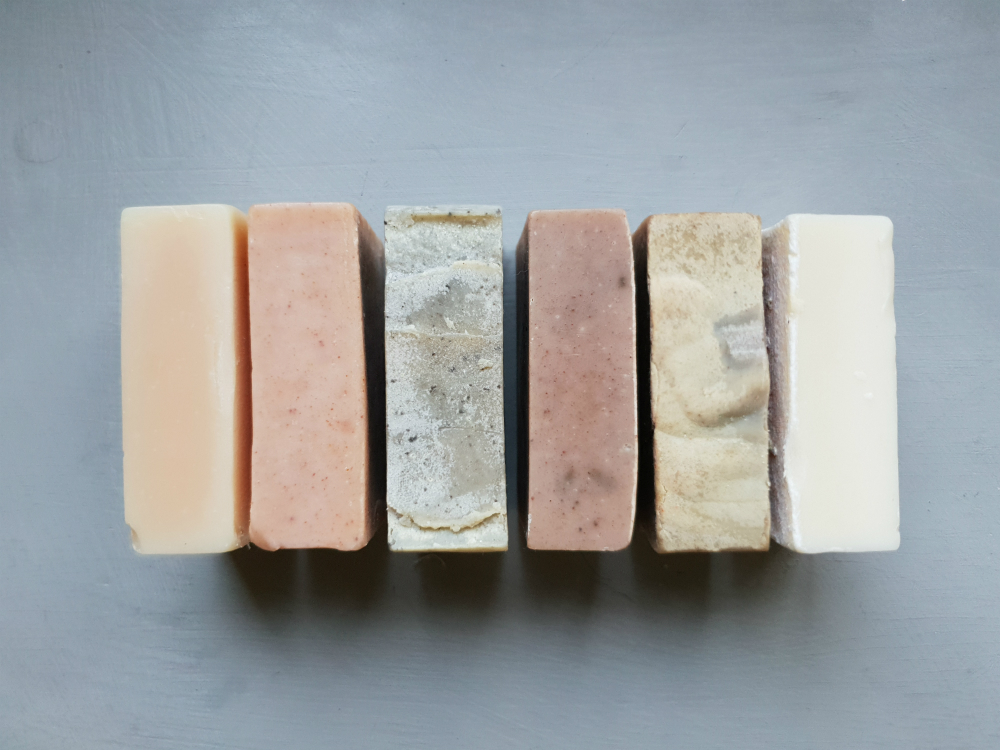
Shampoo Bars
Natural shampoo soap bars are just like soap but made with ingredients that are kind to hair. With no synthetic fragrances or ingredients, the shampoo bars on Pure.Company are all made with 100% natural ingredients, with no SLS, SLES or parabens – giving your hair a gentle and balanced clean free of nasties.

The problem with shampoo
Liquid shampoo, as we know it today, was first produced in 1927 by German pharmacist Hans Schwarzkopf. Before this, hair was washed with soap or a mixture of herbs and plant extracts.
Shampoo then developed to become more widely used after the 1930s when soap was replaced with synthetic surfactants. Then more and more chemicals were added to make shampoos cheaper to produce making them widely used.
Most commercial shampoo formulas contain SLS and SLES as a cleaning and foaming agent. As these chemicals are sometimes too effective at cleaning it can strip our hair and scalp of its natural oils, causing the dandruff, itchy scalp and dry, brittle hair that these very shampoo claim to stop. Commercial shampoos are also chock full of chemicals like plastics (for better consistency), resins, waxes and silicones which promises thicker hair, no dandruff, hair strengthening, smoothing and so on, but ultimately leaving hair dull, listless and unmanageable.
What are shampoo bars?
Natural shampoo soap bars are just like soap but made with ingredients that are kind to hair. With no synthetic fragrances or ingredients, the shampoo bars on pure.company are all made with 100% natural ingredients, with no SLS, SLES or parabens – giving your hair a gentle and balanced clean free of nasties.
There is zero waste in the production of shampoo bars and you can be sure that all the bars sold by us is never tested on animals.
They come either wrapped in paper or in compostable/ biodegradable packaging. It’s a perfect switch to make if you are thinking about lessening your plastic use or want to have a more environmentally friendly solution to your daily cleansing. One bar of shampoo soap equates to three bottles of off-the-shelf shampoo. Think of all that plastic that is not going to end up in landfill!
Their effectiveness in cleaning your hair the right way (read on to find out why and how) and giving you that beautifully healthy, lustrous hair, have won them converts from all corners of the beauty world. Once you’ve found the right shampoo bar you won’t ever want to go back to mass-produced, chemical laden commercial shampoos.
Using a shampoo bar
The most important thing to remember when you first switch to using shampoo bars is – Don’t give up. Every hair is different depending on how much product you have been used to using. Normally, the first week (if you wash your hair everyday) or atleast 5 first washes with a shampoo bar is the adjustment period for your hair and scalp, but there are people for whom it may take a few weeks for their hair to fully adjust.
If you have dry and brittle hair to start with, for example, you probably have been using shampoos with formulas that will coat your hair with silicones. You may notice your hair feeling greasy or heavy after the first washes. So, what the shampoo bar has to do is slowly and gently wash away all those years of artificial gunk from your hair. Your scalp too will be getting used to not being stripped of its natural oils, hence will have to learn to stop over-producing these oils.
Keep at it and eventually your scalp will re-balance and you will be rewarded with healthy, shiny lustrous hair and dandruff-free scalp. You will love how your hair texture feels!
How to use a shampoo bar
- Brush/comb dry hair first. This is an important step especially if you use styling products.
- Wet hair thoroughly.
- Wet and lather up your shampoo bar in your hands, then apply lather to hair from root to tip. Alternatively, you can rub the bar directly onto hair and lather. Just remember to work the shampoo into the hair with water and lather well. The first wash will not produce much lather as the shampoo will be washing away all the accumulated residue from commercial shampoos, dirt and oils. The second wash and so on will produce more lather.
- Rinse well with plenty of water. If you have long hair, pay special attention to the middle back of your hair and make sure you have rinsed out all of the soap.
- Finally, rinse with some apple cider vinegar mixed with water. You will find that at first you might need to rinse with apple cider vinegar after every wash but after your hair has adjusted to using a shampoo bar, you only need this rinse once a week.
Why rinse with vinegar?
Time for a little biology lesson. Our skin and scalp have a natural protective layer called the acid mantle which is a very fine film on top of the outer layer (epidermis) of your skin. It is our body’s first line of defence against bacteria, viruses and harmful foreign bodies. It also prevents moisture loss from our skin cells, keeping the skin soft and supple.
The acid mantle is made from a slightly acidic mixture of sebum (the oily secretion produced by your sebaceous glands, those tiny ducts next to your hair follicles) and sweat from your pores. The bad news is that this delicate and important layer is frequently damaged by such things as over cleansing, pollution, central heating, air conditioning, sun, skincare ingredients and shampoos containing SLS, resulting in an inadequate or excessive sebum production.
What does all this mean for your hair? How does our skin acid mantle’s health effect our hair?
The acid mantle keeps our hair cuticle layer (outermost layer of hair) tight and compact, which is in its strongest state. When the skin’s natural acid barrier is disrupted or damaged by strongly alkaline shampoos, it causes the hair to swell and stretches out the cuticle layer. This in turn makes our hair lose its strength, elasticity and lustre – causing all those tangles and dull matted hair a.k.a bad hair day hair!
So, all in all, happy balanced skin acid mantle = happy, balanced, healthy hair.
And here’s where rinsing with Raw Apple Cider vinegar comes into the equation. Because, apple cider vinegar has a pH of around 3 (acidic), it helps to restore the natural the pH of the skin which in turn, hardens and flattens the hair cuticle, giving you shiny, flowy and strong hair. All without a fake chemical in sight. As an added bonus, apple cider vinegar is also rich in vitamins B and C which are good for your hair and scalp.
How to use apple cider vinegar as a rinse:
- Mix 3 to 5 tablespoons of apple cider vinegar to 1 cup (about 200ml) of water. Experiment with the dilution that works best for your hair type, with dry hair use less apple cider vinegar and more with oily hair.
- Pour mixture over hair, working it into scalp.
- Leave for a minute.
- Rinse thoroughly. Don’t worry about the vinegar smell, it goes away quickly when hair dries.,skin
Have you got any tips on how you use shampoo bars? Has your transition to them been smooth? Leave a review of what you think about using shampoo bars or share your tips for a successful transition.
Shop Shampoo Bars
-

Bloomtown Organic Lemongrass & Peppermint Balancing Hair Bar
£7.50 Add to basket -

Funky Soap Solid Shampoo & Conditioner Set
£13.50 Select options This product has multiple variants. The options may be chosen on the product page -

Funky Soap Oatmilk & Argan Oil Shampoo Bar – Fragrance Free
Sale!£5.00Original price was: £5.00.£4.00Current price is: £4.00. Add to basket -

Funky Soap Nettle & Marshmallow Shampoo Bar
Sale!£5.00Original price was: £5.00.£4.00Current price is: £4.00. Add to basket -

Funky Soap Moringa Shampoo Bar
Sale!£5.00Original price was: £5.00.£4.00Current price is: £4.00. Add to basket -

Funky Soap Butter Bar Shampoo
Sale!£5.00Original price was: £5.00.£4.00Current price is: £4.00. Add to basket -

Funky Soap Acai Berry Shampoo Bar
Sale!£5.00Original price was: £5.00.£4.00Current price is: £4.00. Add to basket -

Living Naturally Rhassoul Clay & Rosemary Soapnut Shampoo Bar
£7.99 – £37.49 Select options This product has multiple variants. The options may be chosen on the product page -

Living Naturally Beer & Bay Soapnut Shampoo Bar
£7.99 – £37.49 Select options This product has multiple variants. The options may be chosen on the product page -

Living Naturally Lemon & Avocado Soapnut Shampoo Bar
£7.99 – £37.49 Select options This product has multiple variants. The options may be chosen on the product page -

Living Naturally Hemp & Patchouli Soapnut Shampoo Bar
£7.99 – £37.49 Select options This product has multiple variants. The options may be chosen on the product page -

Living Naturally Coconutty Soapnut Shampoo Bar
£7.99 – £37.49 Select options This product has multiple variants. The options may be chosen on the product page -

Living Naturally Ayurvedic Soapnut Shampoo Bar
Rated 5.00 out of 5£7.99 – £37.49 Select options This product has multiple variants. The options may be chosen on the product page


